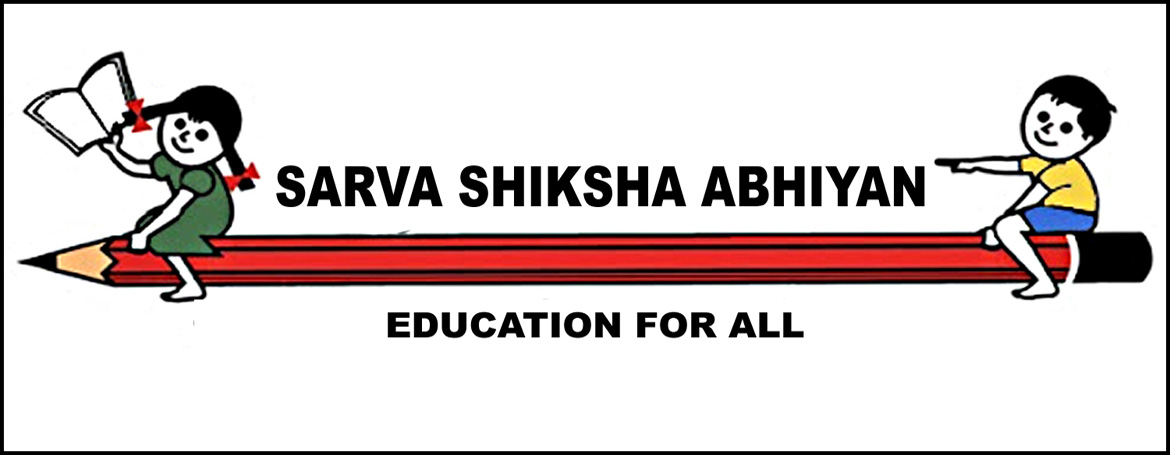Why should the children be penalised for delinquent teachers?
Section 16 of the Right to Education Act, 2009, says that ‘no child admitted in a school shall be held back in any class or expelled from school till the completion of elementary education.’ Further section 30(1) says ‘no child shall be required to pass any Board examination till completion of elementary education.’
However, the central government moved an amendment Bill no. 166 on 11 August, 2017 in Parliament with the aim of withdrawing the provision of ‘no detention policy.’ The government intends to reintroduce examinations in classes V and VIII which the students will be required to clear if they wish to seek promotion to the next class.
The main argument being given for withdrawal of no detention policy is that children have stopped learning and their capabilities have really suffered. However, the question which needs to be asked is whether the children stopped learning because of any fault of theirs or because the teachers have stopped teaching? The child is in any case ignorant, which is the prime reason for her to be in the classroom. If she doesn’t learn in spite of attending school then whose fault should it be? We cannot expect a small child to study on her own. She will need either parents’ or teachers’ assistance. If the parents are illiterate then this responsibility falls more squarely on teachers’ shoulders. If the child is not learning then it is because the teacher is not fulfilling her responsibility fully.
There are examples of schools where there is no examination till the elementary stage and they offer extremely high quality education. Among the well known schools, those being run by J. Krishnamurti Foundation are wonderful examples. There is a school ‘Study Hall’ in Lucknow which doesn’t subject its students to examination till class VII. This school doesn’t advertise itself. Which means this school is not in the business of commercialisation of education. The quality of such schools is extremely good because the people who run them truly believe that education is meant for all round development of child and should be a joyful process. If the child is subjected to a system of punishment and reward, the child is likely to grow with constricted mentality.
If the child is continuously told to do well in examinations, then the child will develop a competitive mindset. Only a select few can excel is any competition. If the others develop this feeling that they’re not competent enough and can never excel then they’ll start using unfair means. This is the beginning of corruption in our life. Our education system teaches us corruption. Cheating in examination is the first corruption in life for most people.
According to 2014-15 data of Ministry of Human Resources Development, 4.34% children dropped out of school at the primary level and 17.86% at the secondary level. If we assume that almost as many children never see the inside of a school because they’re involved in child labour or begging, almost half the children in India are not in school beyond the class VIII stage.
The no detention policy was introduced so that children who find it difficult to move beyond the elementary level have a smooth sailing till class VIII and more students are able to finish their high school, intermediate or higher education. Withdrawal of no detention policy will offset the gains made in retaining the children in school and providing them an opportunity to finish school. Direct impact of this change would be swelling in ranks of child labour.
If clearing examinations at classes V and VIII stage will determine who’ll move to upper classes then let us ponder who is most likely to fail. The children of poor, mostly belonging to Scheduled Castes, Scheduled Tribes and Minorities category, whose parents are less likely to be well educated or may not have the wherewithal to provide additional coaching to their children will lose the race to the children of well to do families. Girls, who are expected to share household chores or in some cases may be handling the complete responsibility of running a household, with probably an extra burden to take care of a younger sibling, are also likely to fall behind academically. As the girls grow up and move into higher classes, the distance of secondary or higher-secondary school is likely to increase from their homes, the parents are in any case not inclined to send them to school. This is the reason that far greater number of children drop out at the secondary level than at the primary level. Among the children dropping out at secondary level, most would be girls.
Failing a student is also likely to hurt her self-confidence. Even if the child succeeds in second attempt it would be matter of shame for her that her earlier colleagues would have moved a class ahead. Such children are most vulnerable to drop out of school.
Ideally the children who are weak should get more attention of teacher and the teacher should help them to catch up with the remaining class. If the teacher takes interest there is no reason why a child should not do well. For this teachers will have to keep a continuous watch over children, which was the basic idea behind Continuous and Comprehensive Evaluation.
The RTE 2009 was supposed to create a conducive atmosphere for education of children from socio-economic weaker background. However, the withdrawal of no detention policy will be a blow to the spirit of the Act.




